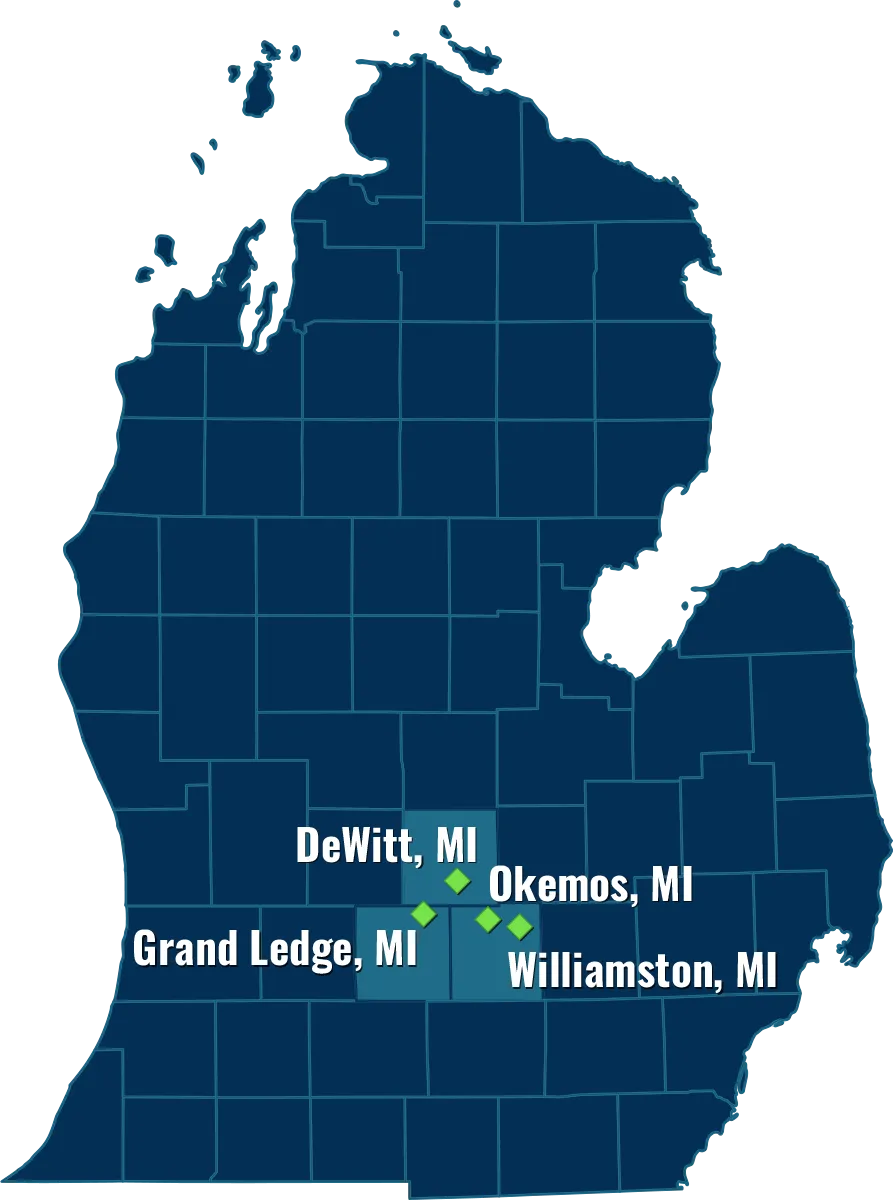Current client? Reach out to us and get directions:
Current client? Reach out to us and get directions:

Are you or a loved one unexpectedly in need of long-term nursing home care? Medicaid Crisis Planning becomes necessary when someone requires long-term nursing home care but hasn't previously organized their assets to qualify for Medicaid. Even with advance planning, a skilled Medicaid Crisis Attorney can protect a portion of the family's assets and assist in achieving Medicaid eligibility.
If you find yourself in this situation, please contact our office immediately and inform the receptionist that you require assistance with Medicaid Crisis Planning. We will promptly discuss your situation and provide an explanation of your options.
While the Director of Patient Services at the nursing home may empathize, they might not possess accurate information regarding your loved one's Medicaid eligibility or the process to become eligible. Before making hasty decisions such as transferring home ownership or depleting a lifetime of savings, consult Medicaid Crisis Planning Attorney Nick Leydorf to explore available options and the appropriate course of action. Acting without the correct information can jeopardize years of savings.
Most individuals facing the need for long-term care find themselves in a difficult situation. If their financial resources exceed the Medicaid eligibility threshold, they lack the means to protect their family and spouse from impoverishment. However, a Medicaid Crisis Planning Attorney utilizes legitimate and ethical legal techniques to assist individuals in becoming eligible for Medicaid without forfeiting everything they have worked for throughout their lives.
To qualify for Medicare, an individual must be a U.S. citizen or legal resident for at least five years, be 65 years of age or older, or have a disability. Medicare eligibility is not dependent on income or assets.
Medicare does not provide coverage for long-term care expenses. It assists with certain medical costs, such as hospital care, doctor visits, and prescription drugs, but does not contribute towards long-term nursing home care or other long-term care expenses
Medicaid eligibility requirements differ among states, although all states must offer coverage to specific categories of individuals, including children, pregnant women, parents and caretakers of dependent children, elderly individuals, and people with disabilities. Additionally, to qualify for Medicaid, an individual must have a low income and limited assets. The income and asset limits vary from state to state.
Medicaid is a joint federal and state program designed to provide healthcare for individuals with low income and limited resources. For middle-class Americans, Medicaid is often the last resort when they require prohibitively expensive long-term nursing home care. Today, only the very wealthy can afford such care, which can cost thousands of dollars per month. Private payment could rapidly deplete the average person's retirement savings within a few months, making Medicaid planning crucial.
Each state has its own unique requirements, rules, and regulations regarding Medicaid eligibility. In Michigan, several programs cater to seniors, but it is essential to determine the appropriate program.
Marital status also impacts Medicaid eligibility, with different programs and allowable asset levels for single and married individuals.
Remember that you do not need to exhaust your life savings to qualify for Medicaid. A knowledgeable Medicaid Planning attorney employs legally approved strategies to assist individuals in achieving Medicaid eligibility while safeguarding family assets. These strategies are implemented ethically and strategically to protect both the ill spouse and the well spouse.
Improperly completed applications or incorrectly structured ownership of property and assets can lead to Medicaid application denials. If your Medicaid application has been denied, contact our office. We can help you with a Medicaid Appeal to secure the benefits you need.
Each situation is unique, so the most suitable planning method will depend on your specific circumstances. Do not apply for Medicaid without the guidance of an experienced Medicaid Planning Attorney.
Schedule a free consultation with elder law attorney Nick Leydorf today.

– Okemos, MI Estate Planning
– DeWitt, MI Estate Planning
– Grand Ledge, MI Estate Planning
– Williamston, MI Estate Planning
